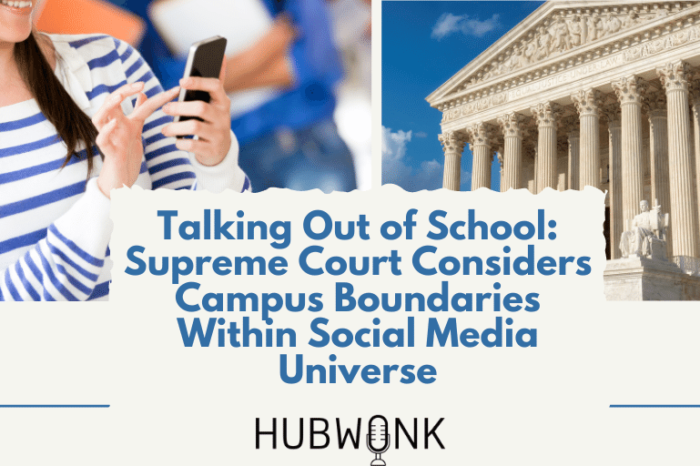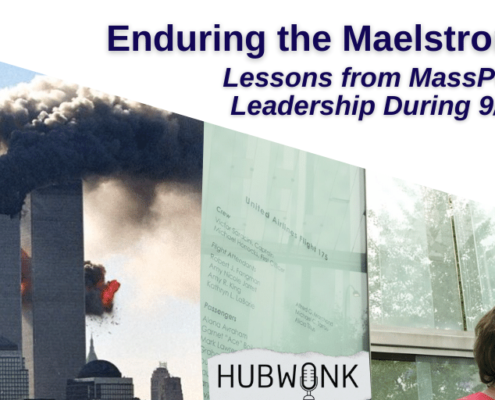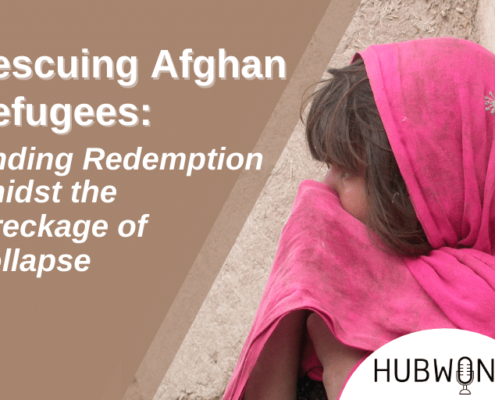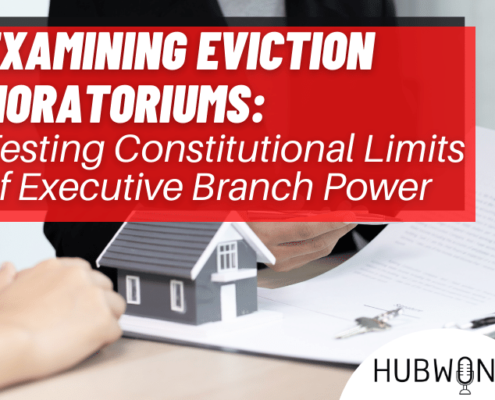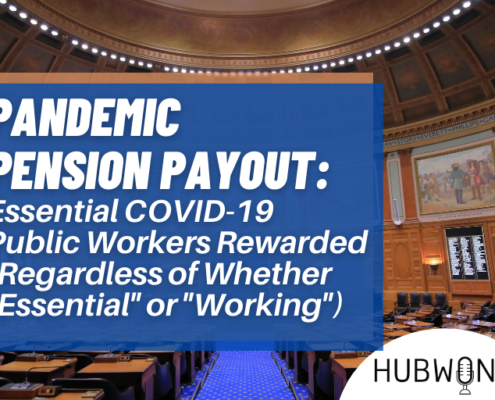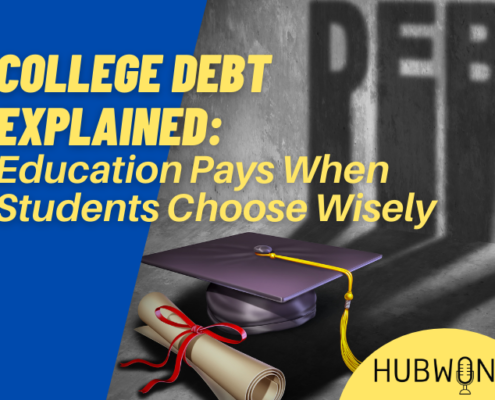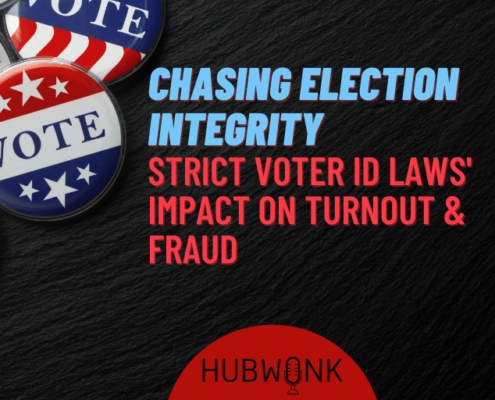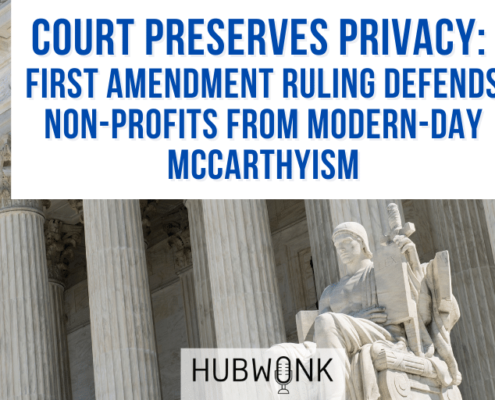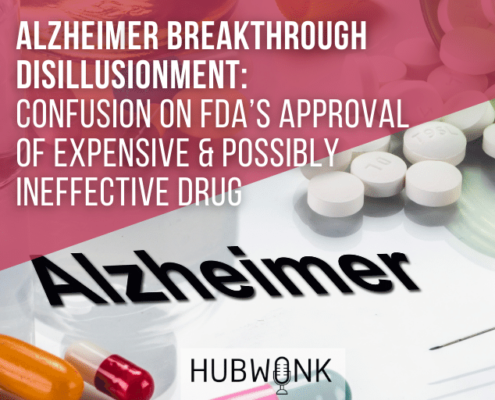Talking Out Of School: Supreme Court Considers Campus Boundaries Within Social Media Universe
Hubwonk Host Joe Selvaggi talks with constitutional scholar and CATO Institute Research Fellow Thomas Berry about the recently heard U.S. Supreme Court case, Mahanoy Area School District v. B.L., and its implications for free speech, school control, and the integration of social media into the rubric of first amendment protections.
Guest:
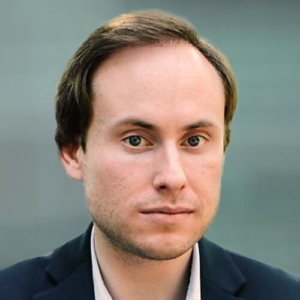 Thomas Berry is a research fellow in the Cato Institute’s Robert A. Levy Center for Constitutional Studies and managing editor of the Cato Supreme Court Review. Before joining Cato, he was an attorney at Pacific Legal Foundation and clerked for Judge E. Grady Jolly of the U.S. Court of Appeals for the Fifth Circuit. His academic work has appeared in NYU Journal of Law and Liberty, Washington and Lee Law Review Online, and Federalist Society Review. His popular writing has appeared in The Wall Street Journal, National Law Journal, Investor’s Business Daily, National Review Online, and The Hill. He has testified before the U.S. Senate, and his work has been cited by the U.S. District Court for the District of Columbia. Berry holds a JD from Stanford Law School, where he was a senior editor on the Stanford Law and Policy Review and a Bradley Student Fellow in the Stanford Constitutional Law Center. He graduated with a BA in liberal arts from St. John’s College, Santa Fe.
Thomas Berry is a research fellow in the Cato Institute’s Robert A. Levy Center for Constitutional Studies and managing editor of the Cato Supreme Court Review. Before joining Cato, he was an attorney at Pacific Legal Foundation and clerked for Judge E. Grady Jolly of the U.S. Court of Appeals for the Fifth Circuit. His academic work has appeared in NYU Journal of Law and Liberty, Washington and Lee Law Review Online, and Federalist Society Review. His popular writing has appeared in The Wall Street Journal, National Law Journal, Investor’s Business Daily, National Review Online, and The Hill. He has testified before the U.S. Senate, and his work has been cited by the U.S. District Court for the District of Columbia. Berry holds a JD from Stanford Law School, where he was a senior editor on the Stanford Law and Policy Review and a Bradley Student Fellow in the Stanford Constitutional Law Center. He graduated with a BA in liberal arts from St. John’s College, Santa Fe.
Get new episodes of Hubwonk in your inbox!
Browse recent episodes:

